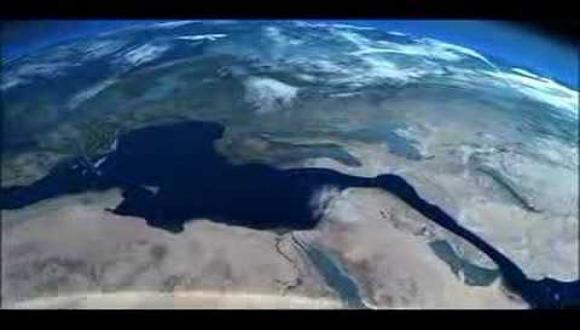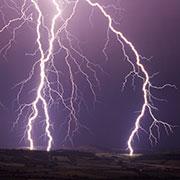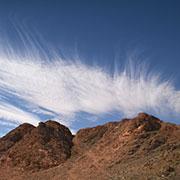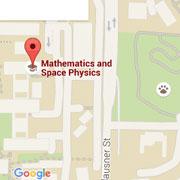Why study Geophysics at TAU?
The Department of Geophysics explores the structure and properties of the Earth and its atmosphere, as well as the Solar System and its planets. Since it is a part of the Faculty of Exact Sciences in Tel-Aviv University the nature of the theoretical and the experimental research is rigorous and is focused on the physics and chemistry of these systems.
The ongoing research of the geophysics group deals with plate tectonics and earthquakes; volcanism; seismology; hydrology; paleomagnetism; geochemistry; geology and space geodesy (GPS).
The atmospheric group explores the physical and chemical aspects of the atmosphere, researching topics such as climate change; numerical models for weather forecasting; clouds, rain and lightning formation; severe weather; remote sensing and image processing; magneto-hydrodynamic processes of the ionosphere and the magnetosphere.
The planetary group investigates the formation and evolution of planets and their moons as well as their atmospheres; comet formation and their impact on the Earth's atmosphere; interplanetary plasma and solar wind interactions; the formation and evolution of stars.
All fields of research involve the use of mathematical and numerical models which are combined with laboratory and field experiments as well as astronomical and spacecraft observations.
The department's scientists participate actively in various international research projects such as the Cassini and the Rosetta space missions, GPS mapping of seismic activity, and lightning detection with VLF and ELF waves.
The department hosts an interactive data archive of the NASA's Earth Observing System (EOSDIS); the Minerva Dead Sea Research Center; a comet simulation laboratory and other facilities.





